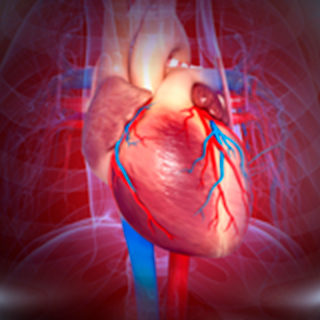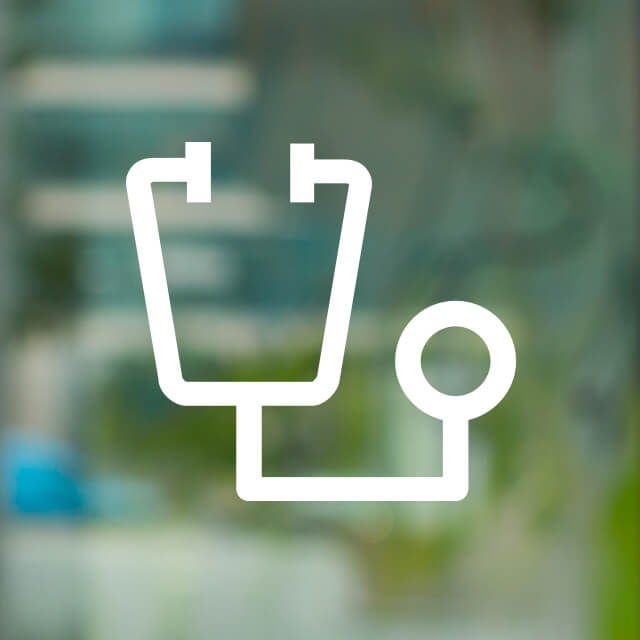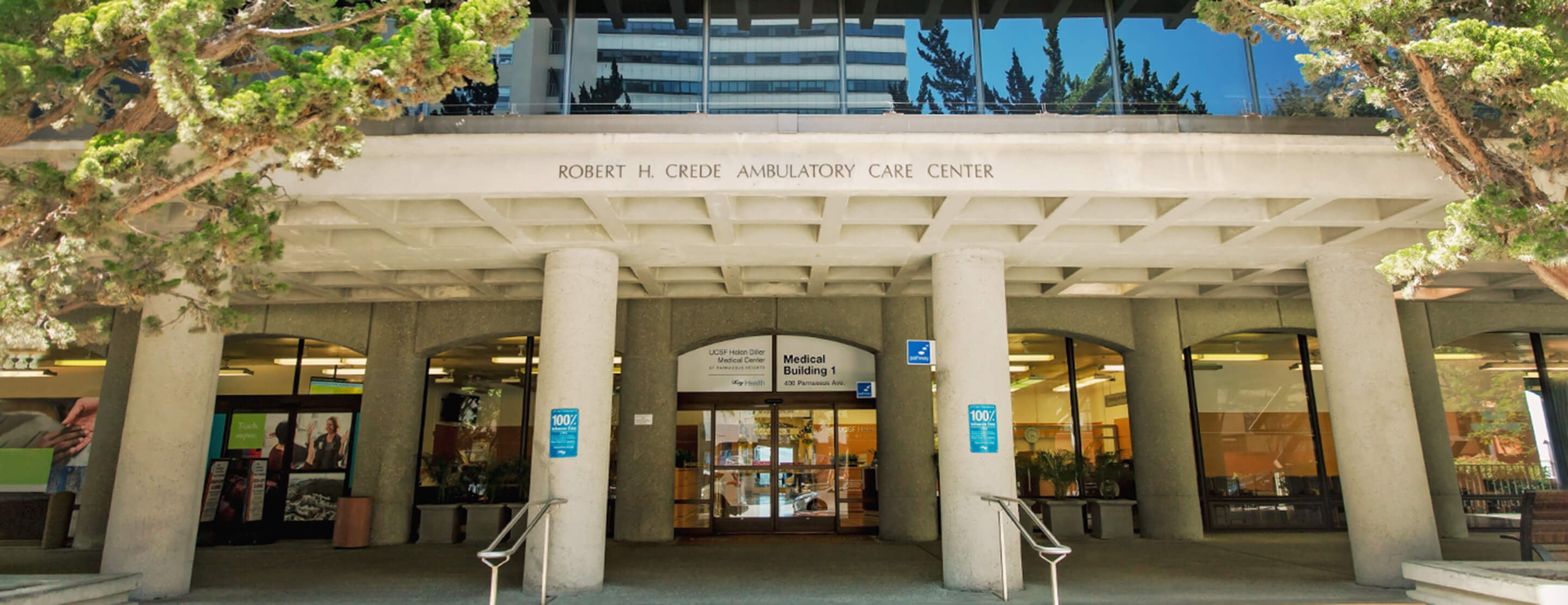
Heart Transplant Program
The UCSF Heart Transplant Program has performed more than 400 transplants since its first transplant in March 1989.
Heart failure affects nearly 5 million Americans and causes or contributes to as many as a quarter of a million deaths each year. It's a progressive condition in which the heart muscle weakens and gradually loses its ability to pump enough blood to supply the body.
More people are surviving heart attacks but are then left with weakened hearts, so heart failure is the only major cardiovascular disorder on the rise. Between 400,000 and 700,000 new cases are reported every year.
Heart transplants are the most advanced treatment for end-stage heart disease, which is the final phase of heart disease when no other effective treatment remains.
Doctor referral required
Our locations
Our team
Clinical trials
Clinical Evaluation of the AccuCinch® Ventricular Restoration System in Patients Who Present Wi...
MAE defined as: All-cause death, Myocardial infarction, Stroke, Need for non-elective cardiovascular surgery, Worsening of heart-failure requiring mechanical circulatory support for more than 24 hours Acute kidney injury req...
Recruiting
Endovascular Ablation of the Right Greater Splanchnic Nerve in Subjects Having HFpEF
Change in mean PCWP at 1 month follow up evaluated as a repeated measure at rest, legs up and exercise (20W) as compared to the baseline PCWP evaluation. This reduction will be assessed in all subjects (both treated and control) t...
Recruiting
Awards & recognition
-

Among the top hospitals in the nation
-

One of the nation’s best in cardiology & heart surgery
-

Rated high-performing hospital for heart failure
Support services
Plan your visit
What to Bring
- If possible, please send in advance CT scans, chest X-rays, all test results and all other images for review. To ensure a comprehensive first visit, please bring copies of these medical records to your appointment as well.
- Health insurance card
- Insurance authorization, if required
- Doctor's referral, if required
- List of questions you may have
- Device or paper for taking notes
Related clinics
Our research initiatives
-

UCSF Division of Cardiology Research
Researchers at the UCSF Division of Cardiology investigate all aspects of heart disorders, from how disease develops to who is most at risk, with an emphasis on translating key findings into more effective care.































